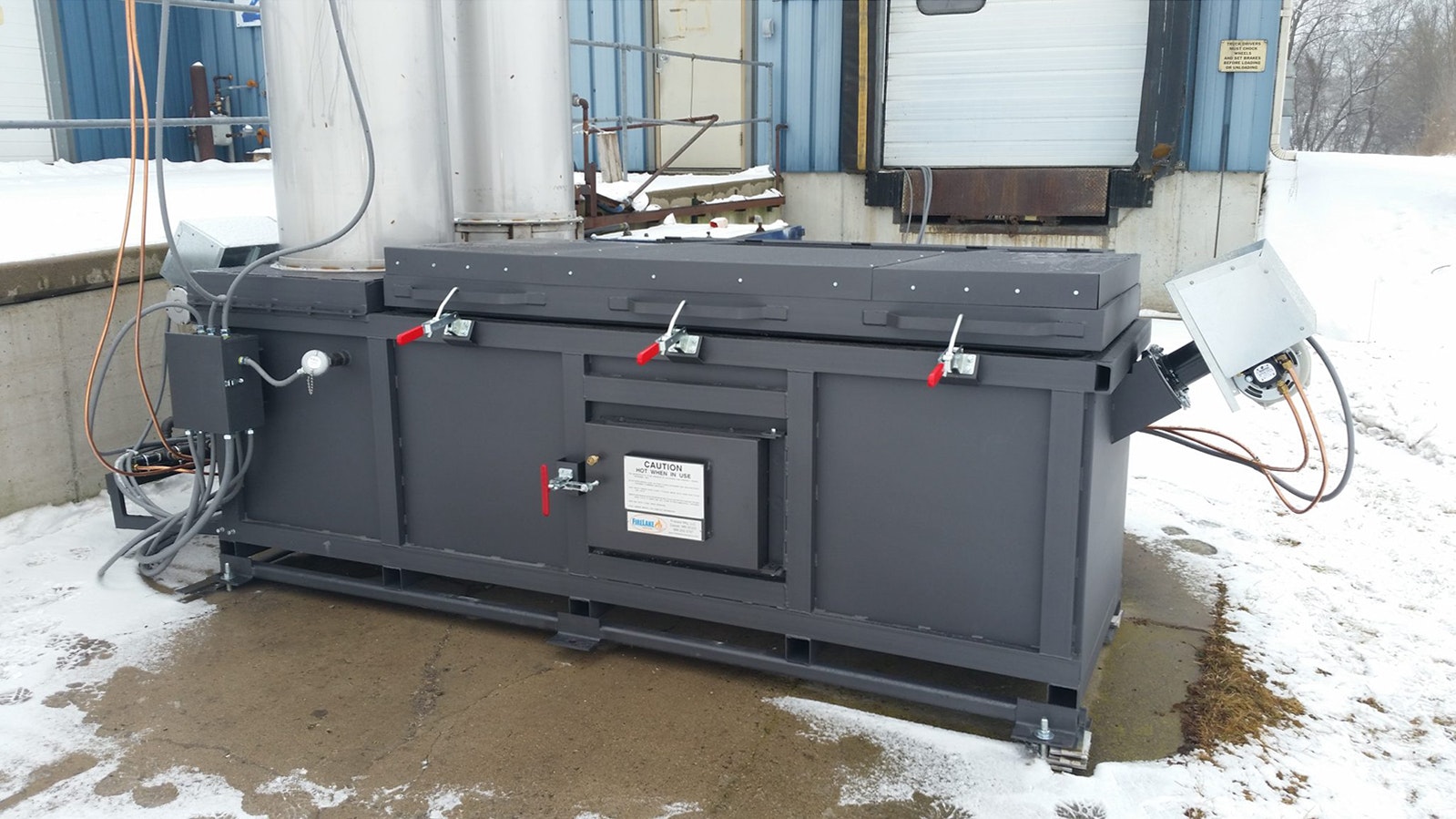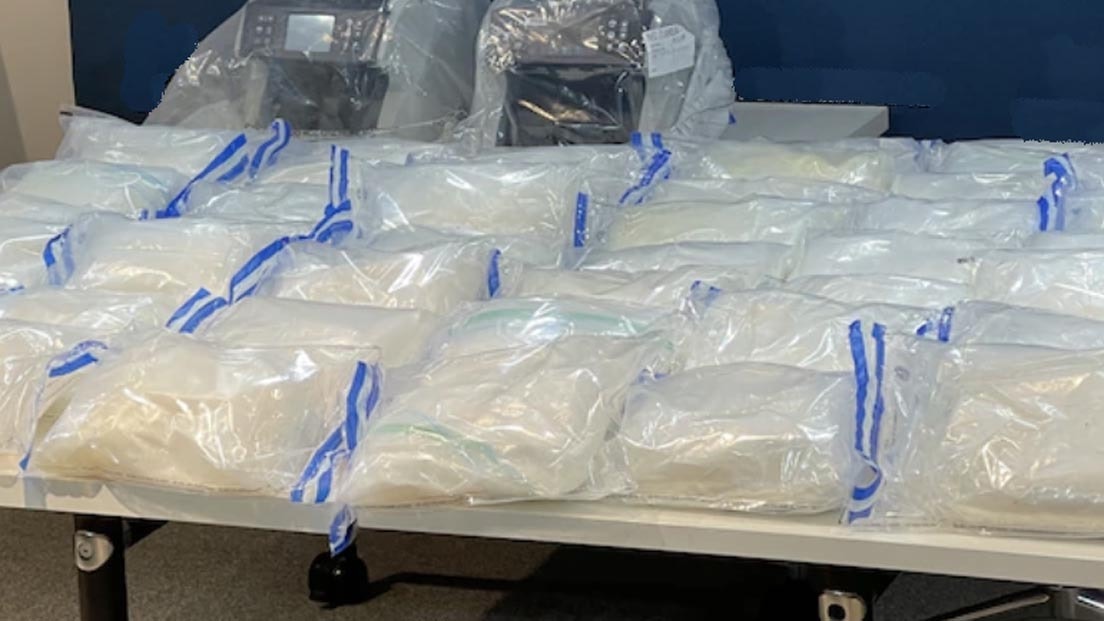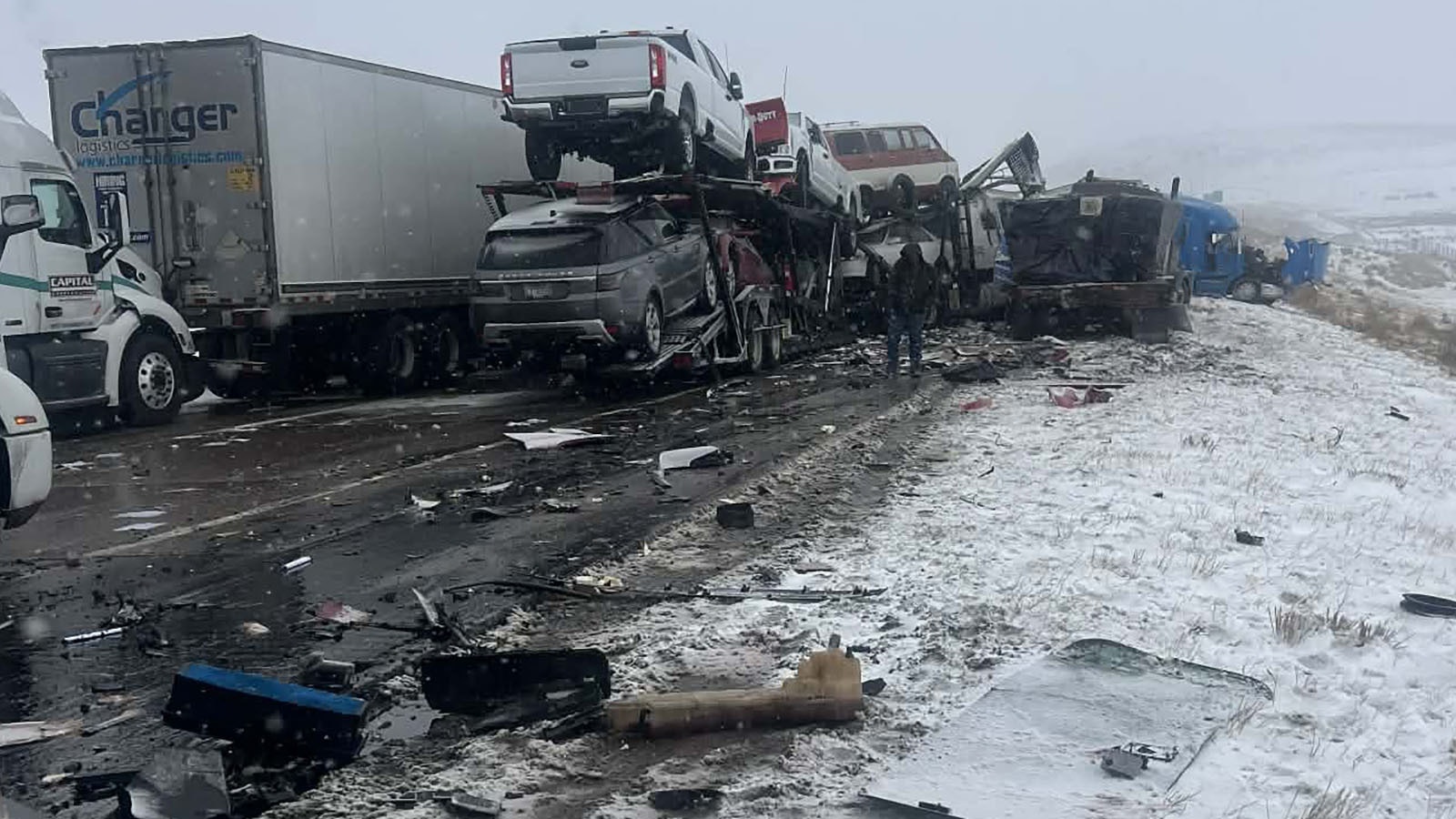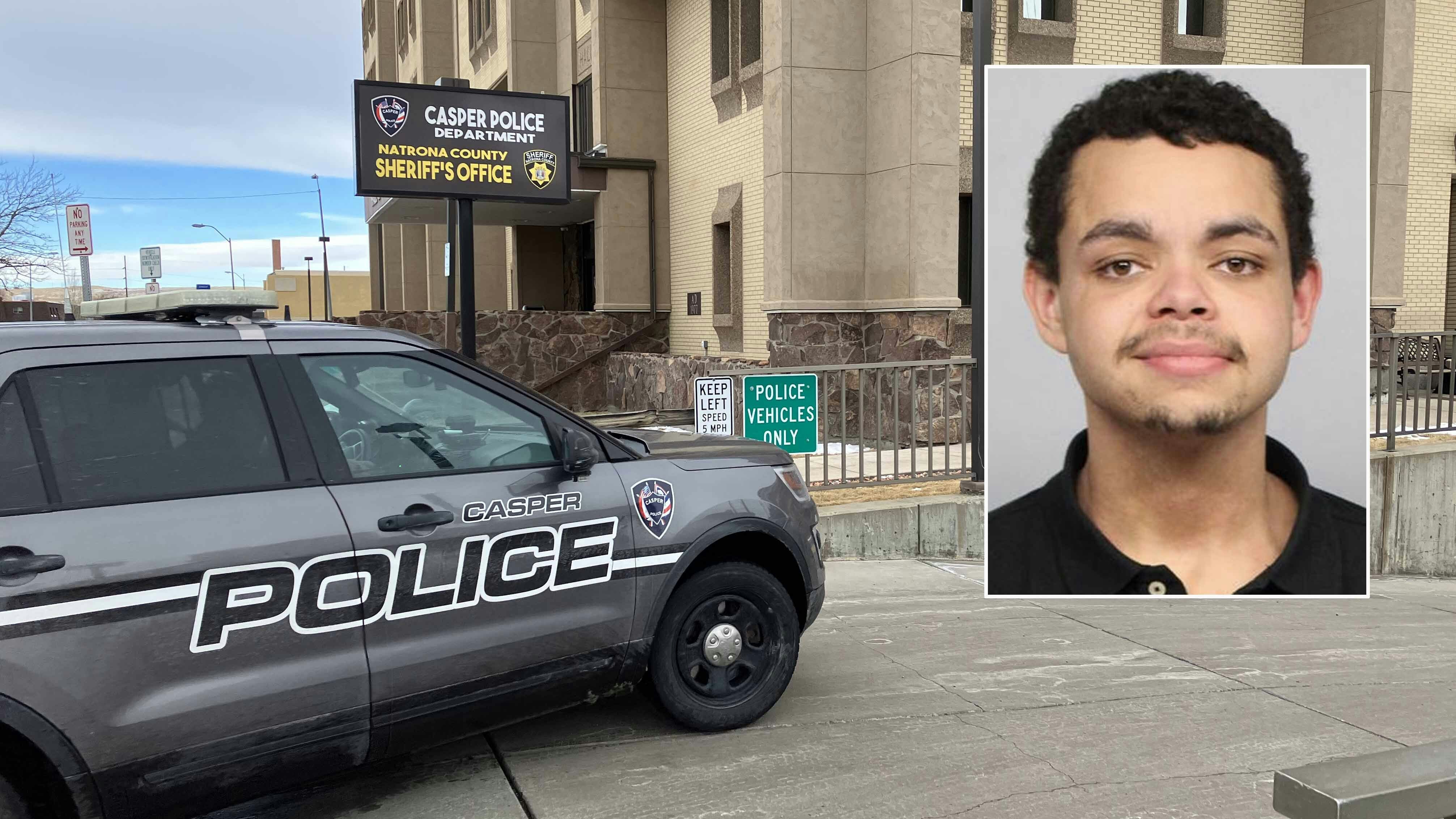Casper police are seizing “hundreds of pounds” of illegal and illicit prescription drugs a month, enough that the effort to dispose of them is becoming a problem, Police Chief Keith McPheeters said.
The chief pitched Casper City Council on Tuesday for a new $86,000 incinerator that can properly get rid of all those drugs and other evidence that needs disposing of.
Along with drugs confiscated during investigations and arrests, the department also takes in unused prescription medication from the public to dispose of.
And the volume is gotten to the point that the department having its own incinerator is “critically important to us,” he said.
McPheeters has a capital budget request for $86,000 for a property evidence incinerator as the council considers expenses for the 2024-25 fiscal year.
“We acquire on a monthly basis, hundreds of pounds of prescription medication and illicit drugs that we need to do something with,” McPheeters said. “So, over the years we have had to get creative with how we go about destroying the illicit drugs, the scheduled drugs, and then the prescription drugs that end up in our custody.”
McPheeters said that in the past, the department had an incinerator that resulted in a workplace injury, so instead moved to “cooperative relationships” with private companies that are now gone.
Monthly Trip To Cheyenne
The department now details an officer and evidence technician to drive 180 miles each way to a Cheyenne incinerator every month to dispose of the home meds as well as illegal substances such as meth, fentanyl and cocaine.
“The items that we are placing in that incinerator are so caustic, so dangerous that we need a properly functioning, designed incinerator that can do that without endangering our employees in charge of taking care of all of those drugs,” McPheeters said.
He asked the council what would happen if during the trip to Cheyenne there was an accident and the drugs were sprayed across the highway.
Should the incinerator be approved, McPheeters said it could be installed on a city parking garage roof.
Police Department spokesperson Amber Freestone said Wednesday that evidence technicians who prepare the drugs for transport “exceed best-practice packaging” to try and prevent any issues during transport.
Casper police daily pull in “user amounts of illicit drugs,” Freestone said. “Our officers treat all substances as hazardous until identified otherwise. Appropriate PPE is available in evidence areas and patrol vehicles.”
The type of incinerator sought by Casper’s police would be “top tier,” meet EPA standards for emissions and reach about 1,400 degrees, Freestone said. She said a specific model has not yet been selected since the budget request has not been approved.
Natrona County Sheriff’s Officer spokesperson Kiera Grogan said that department sends all of its narcotics to Cheyenne to be destroyed and anticipates no change in that policy. The amount of drugs sent each month would be significantly less than Casper Police Department’s, she said.

Gillette Police Protocol
In Gillette, deputy chief Brent Wasson said his department also incinerates illicit narcotics and other medications that end up in its control.
“Obviously, we follow the law. So, illicit drugs that are obtained in violation of law, we get a court order to dispose of it and yes, we incinerate,” he said, adding the Gillette Police Department’s incinerator is on city property.
All three departments reported they don’t keep track of the street value of the narcotics that are seized and destroyed.
Wasson said his officers, similar to others around the state, have personal protective equipment available when they are dealing with fentanyl or other suspected dangerous substance.
“Anytime that fentanyl or anything that could contain fentanyl (is suspected) we do utilize protective equipment,” he said. “When we are talking about disposition, these things are already packaged so there is a layer of safety. I am certain that they still use gloves but as far as respirators, I don’t think so.”
Wasson said all the drugs related to criminal activity are kept as evidence until a court case is completed and sometimes held beyond an initial ruling.
“We won’t seek disposition until after any potential appeal time has expired,” he said. “So, post conviction, we may retain evidence including drugs.”
Non-Retrievable Standard
At the federal level, the Drug Enforcement Agency is seeking comments to its regulation regarding the destruction of controlled substances through April 1 at regulations.gov.
“Congress encouraged the DEA to engage in substantive conversations with industry stakeholders on alternatives to incineration that meet the non-retrievable standard,” the website states.
The DEA defines the “non-retrievable standard” as “using a method of destruction that permanently alters the controlled substance’s physical or chemical condition or state through irreversible means” and makes it “unusable” and “unavailable.”
In Casper, Freestone said her department continues to encourage the public to drop off unused medications, but not any sharp materials such as needles.
“We are humbled to be trusted as stewards of our land, air and water in disposing of harmful substances and appreciate the participation of our community,” she said.





